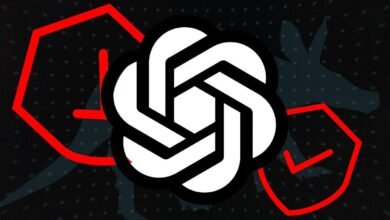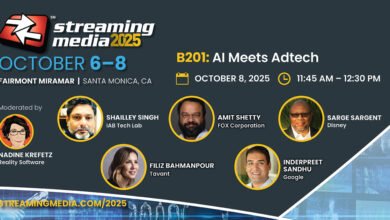AI Is Ending Per-Seat SaaS: What’s Next?

▼ Summary
– AI is driving a shift from per-seat software licensing to consumption-based pricing models based on usage, tokens, or outcomes.
– AI agents will automate tasks and interact with other agents, reducing the need for direct human involvement and potentially cutting seat counts by up to 70%.
– Software vendors expect AI to significantly boost revenue and lower operating costs, with many anticipating business model changes in the next few years.
– Customers face risks from opaque outcome-based pricing and should verify vendor measurement systems before committing to agreements.
– The transition to agent-driven software is accelerating, but the required technology stack is still immature and human oversight remains critical for reliability and ethics.
The traditional per-seat software licensing model faces extinction as artificial intelligence agents reshape how businesses purchase and utilize technology. According to industry analysis, AI-driven interactions between automated systems are dismantling the decades-old practice of charging per user, compelling vendors to adopt consumption-based and outcome-oriented pricing instead. This fundamental shift moves the software industry into a post-SaaS era where value is measured by results, not user counts.
McKinsey researchers, led by Jeremy Schneider, indicate that outcome-based or usage-driven models will dominate. Schneider describes this as “a foundational shift redefining what software is, who builds it, who uses it, and how companies are organized and operate.” For customers, this transformation could accelerate vendor switching and increase customer churn, while also encouraging more in-house or citizen-led software development.
Many software providers are banking on AI for future growth. McKinsey data shows 40% of vendors expect AI to drive more than 20% revenue growth beyond current projections, with 11% anticipating gains exceeding 50%. They also foresee substantial operating cost reductions. Industry experts agree the transition to agentic systems will happen faster than the shift from client-server to cloud computing. George Brown, a partner at Partner Economics, warns that companies ignoring potential cost reductions of over 20% risk becoming uncompetitive.
Users will notice the most dramatic changes in software acquisition and payment methods. A consumption-based licensing approach will replace per-seat arrangements, with 63% of vendors in McKinsey’s survey believing AI will fundamentally alter their business models within three to five years. Pricing will increasingly reflect usage, tokens, output, or specific outcomes rather than named users.
Ali Gohar, Chief Human Resources Officer at Software Finder, emphasizes that “software companies need to sell outcomes, not licenses.” He advises customers to negotiate agreements tied to performance value, noting that uniform pricing for occasional and heavy users no longer makes sense. Understanding internal usage patterns before investing becomes essential for securing fair, scalable deals.
Brown predicts agent-to-agent transactions could reduce seat counts by up to 70%. However, he views token sales, compute time, or agent development time as impractical monetization methods for most businesses. Instead, he expects payments based on outcomes or fixed rental costs for time-limited agent tasks.
Natasha Chryssafi, Senior Director of Product Management at Wolters Kluwer, explains that AI agents will increasingly act on users’ behalf, automating tasks, making decisions, and integrating across systems. This reduces direct human interaction with software interfaces. She stresses that robust human oversight, transparency, ethical standards, and data governance will grow increasingly critical as AI assumes greater responsibility.
Customers should remain vigilant, however. Ofir Bloch, Vice President of Strategic Positioning at WalkMe, cautions that vendors might “repackage suite pricing as outcome bundles, betting you won’t notice.” He advises scrutinizing performance data, testing individual capabilities, and verifying measurement systems before committing to consumption-based contracts. These systems, he notes, remain workflow automation tools rather than fully autonomous agents and can fail when conditions change.
Transitioning from per-seat to outcome-based licensing isn’t entirely new. Between 2015 and 2024, the number of consumption-based software companies more than doubled. Leaders like Salesforce, Zendesk, Intercom, and LexisNexis already monetize AI through these models, often achieving higher per-customer revenue than with traditional product units.
Still, full industry adaptation will take time. Rob Fuller, Chief Solutions Officer at Blend360, observes that “the technology stack required to fully realize this vision is not yet ready.” Models involving internal and external agent interactions remain immature, with human-directed agent use currently more practical outside of limited, intentional applications.
(Source: ZDNET)





